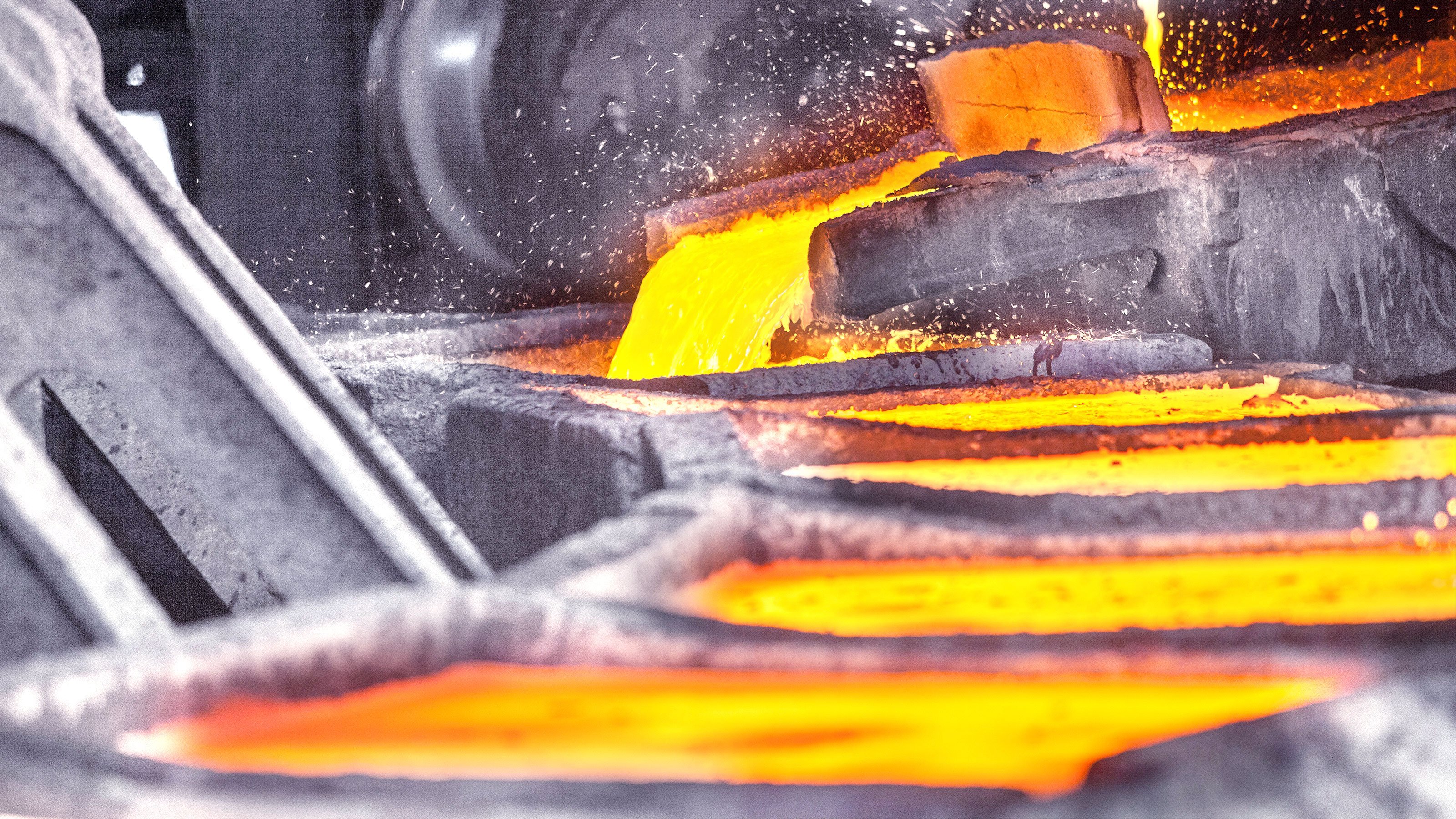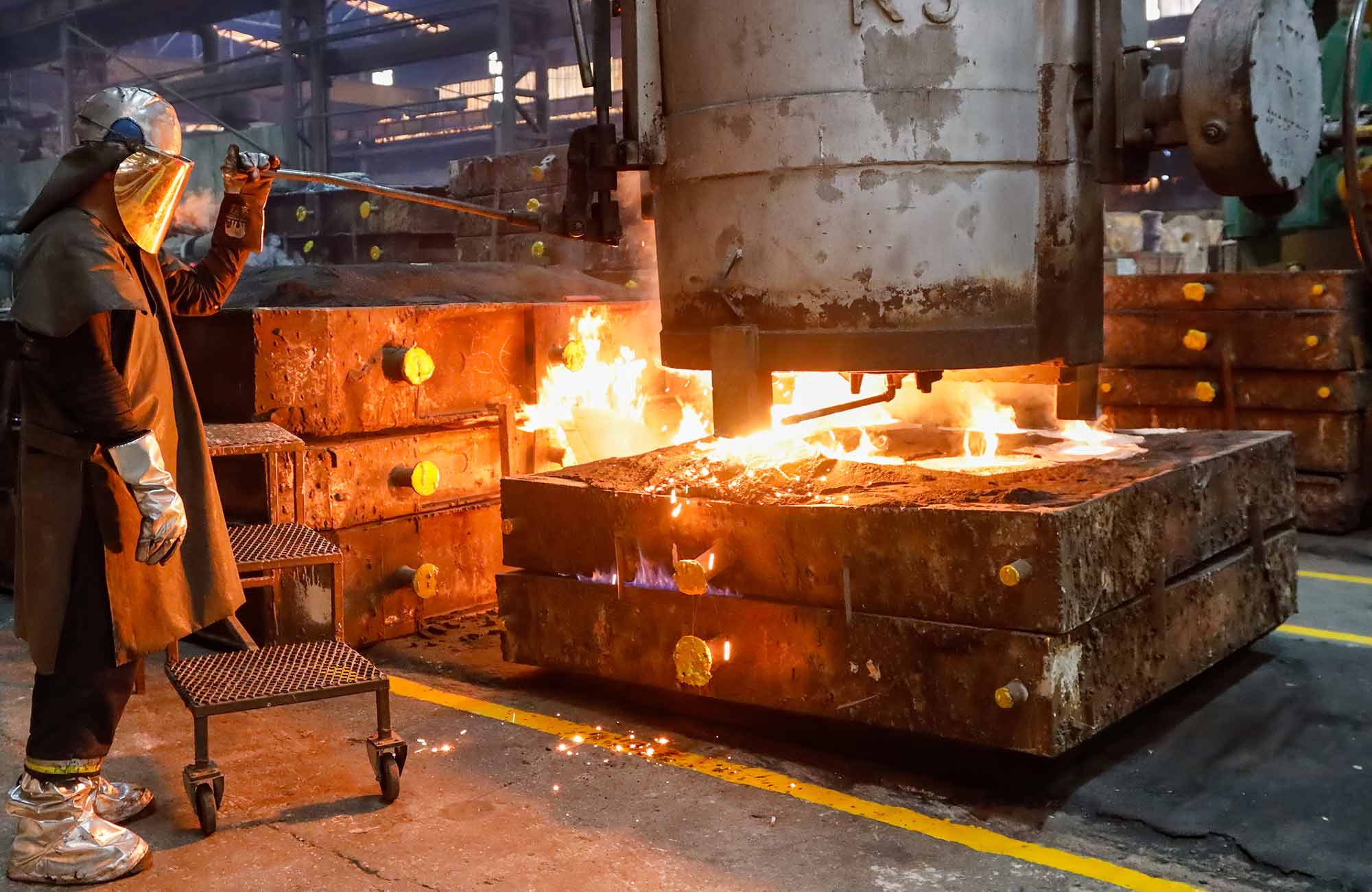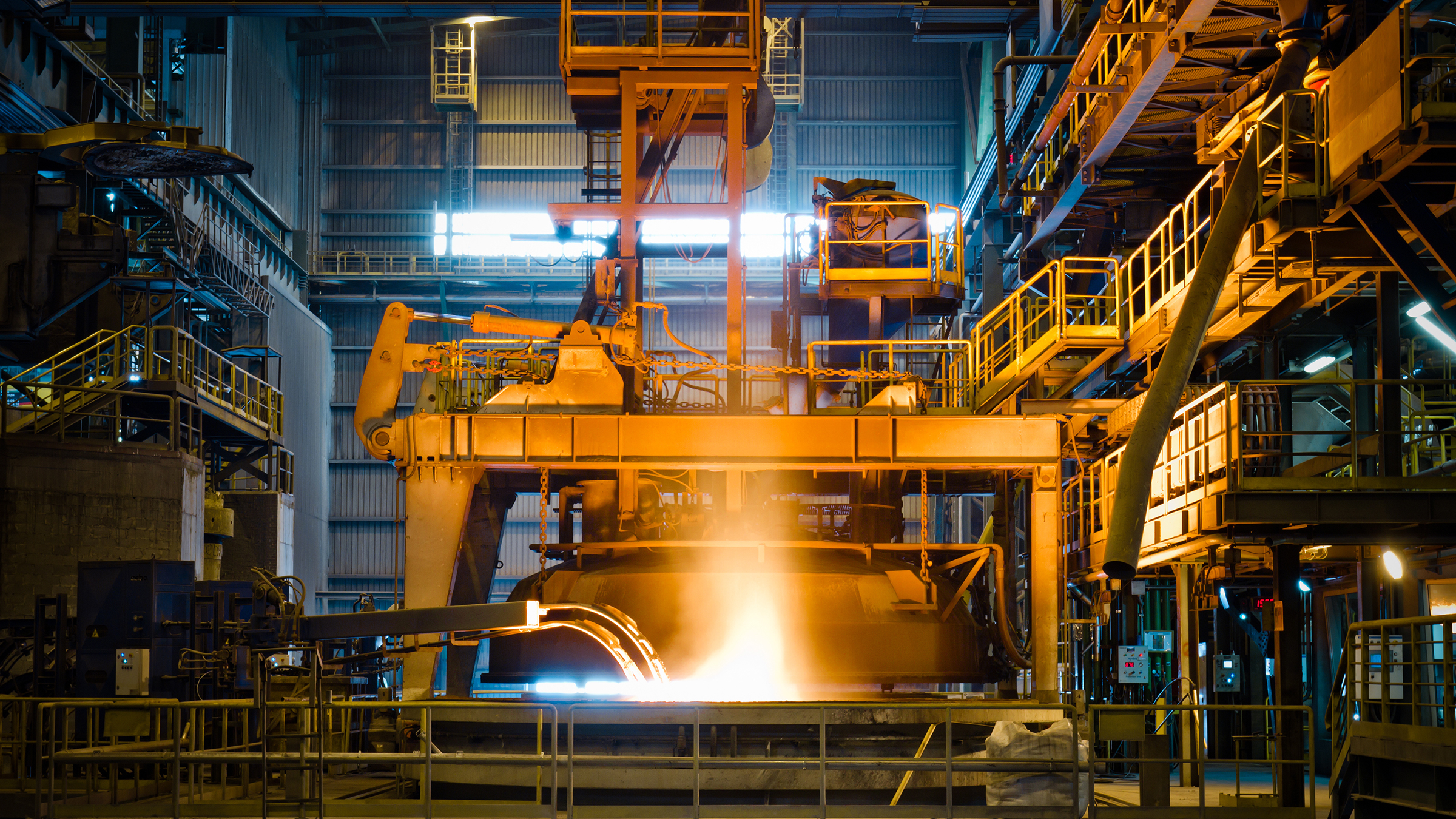Steel casting has become an increasingly important part of automotive manufacturing today. From components that are used in engine and transmission parts to exhaust manifolds, steel casting is a cost-effective way to produce durable parts for vehicles.
This article will discuss the benefits and applications of steel casting in automotive manufacturing, including its durability, low production costs, and ability to create complex shapes. Well also explore how advancements in technology have made it possible for manufacturers to take advantage of steel castings many advantages. Finally, will provide some insight into how this process can be implemented on a larger scale by automakers across the world.
Benefits of Steel Casting in Automotive Manufacturing

Source: kuka.com
Steel casting in automotive manufacturing has numerous advantages over other materials. One of the primary benefits is the strength and durability that steel provides for parts such as engine blocks, transmission cases, and wheels. Steel can withstand higher temperatures and pressures than most other metals, meaning it’s ideal for both high-performance applications and everyday use in cars.
Additionally, steel casting requires less machining than other metals and allows for a much more precise final product with greater surface detail. The result is an incredibly durable part that won’t fail under extreme conditions. Furthermore, due to its low cost compared to other materials like aluminum or titanium, steel casting is often used when production costs are a major factor in decision-making. This makes steel one of the most popular choices among auto manufacturers when it comes to creating quality components at low prices.
Applications of Steel Casting in Automotive Manufacturing

Source: tfgusa.com
Steel casting is an essential process in automotive manufacturing. It allows for the production of complex parts with unprecedented precision and repeatability, making it a suitable choice for many applications. In particular, steel casting can improve safety and performance by providing lightweight components that are also incredibly strong. One common application of steel casting in automotive manufacturing is engine blocks. The precise control over dimensions and surface finish offered by this process makes it ideal for car engines, which require intricate internal passages to ensure optimal airflow and fuel delivery.
Additionally, steel castings offer superior thermal properties when compared to aluminum alternatives, allowing engines to run cooler without compromising on power output or efficiency. Another popular use of steel casting in automotive manufacturing is suspension systems. Steel castings provide the necessary strength and durability required to support heavy vehicles while also offering greater flexibility in design than other metals such as iron or aluminum would allow for more compact designs that take up less space under the hood while still being able to handle heavy loads effectively.
Finally, steel castings are often used in gearbox assemblies due to their robustness and accuracy when machined into shape after cooling down from their molten form – both vital qualities needed for reliable transmission systems found within cars today. Steel’s ability to withstand high temperatures makes it an ideal metal choice when creating gearsets capable of handling large amounts of torque produced by high-powered engines without breaking prematurely or suffering from excessive wear over time due to friction between moving parts.

Source: rockwellautomation.com




